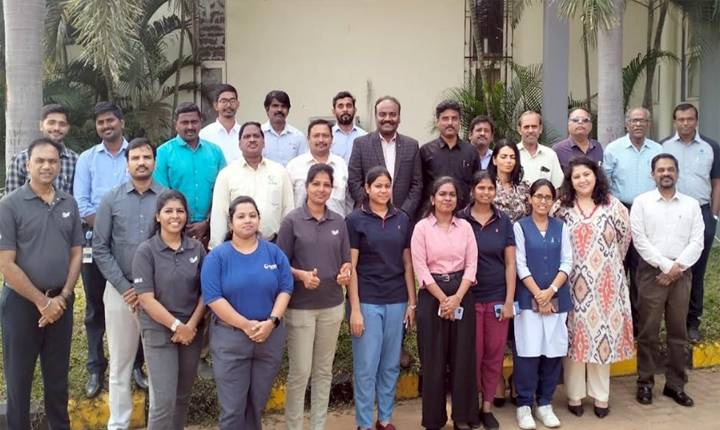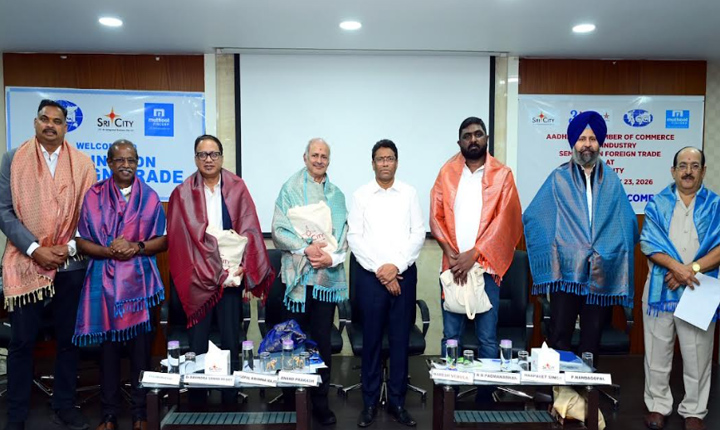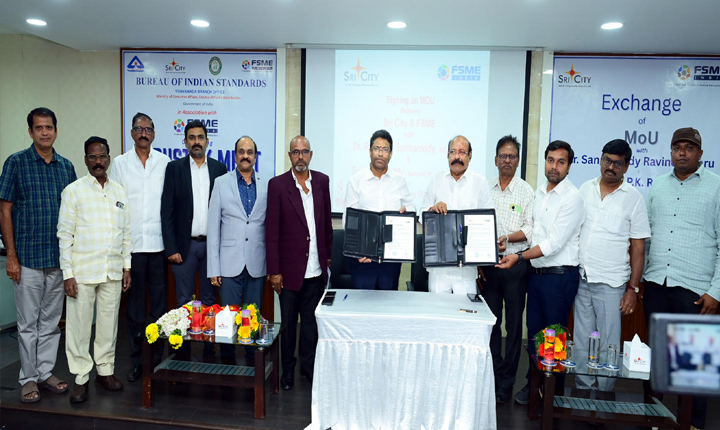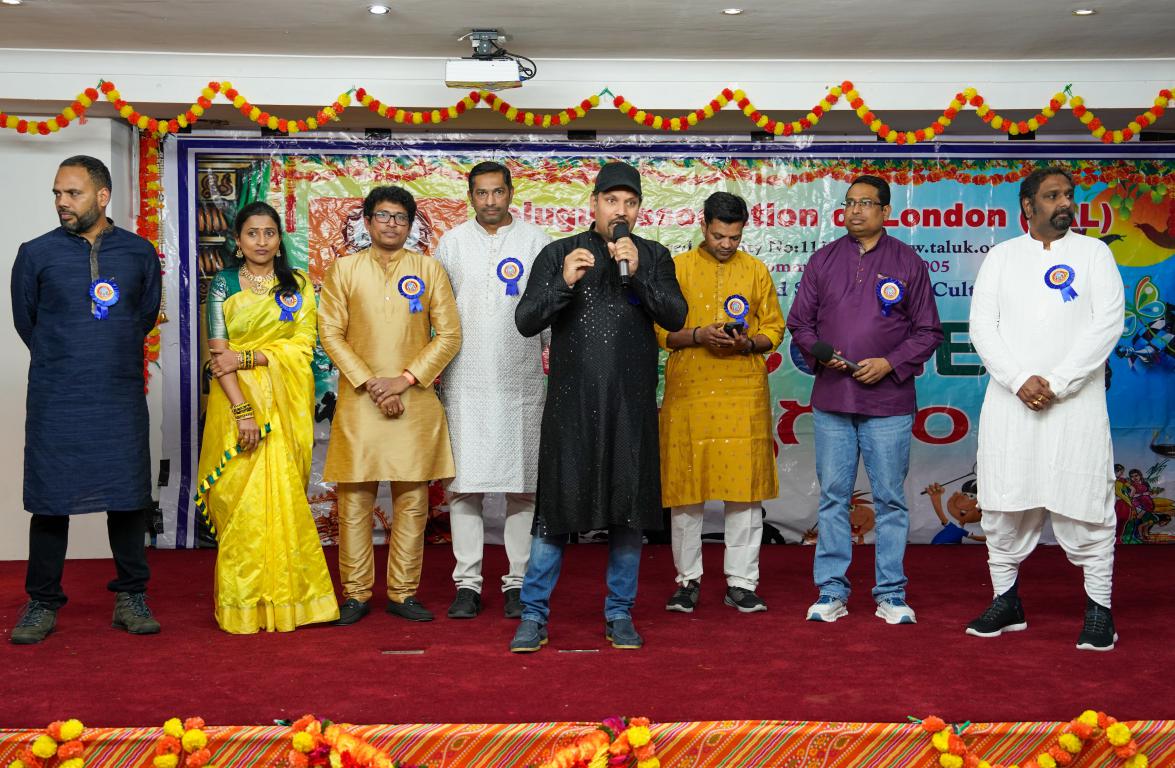Chandrababu Naidu and the Freebie Dilemma: Time to Address It Openly?
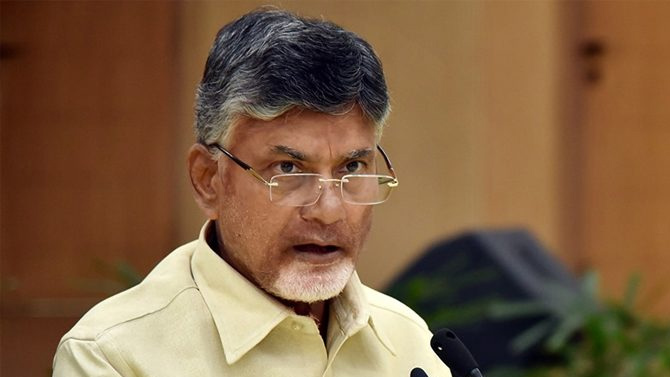
Chandrababu Naidu has always positioned himself as a reformist leader. Between 1995 and 2004, his governance focused primarily on development, privatization, and infrastructure enhancement. Unlike many of his political counterparts, he avoided excessive reliance on welfare schemes and instead emphasized self-sufficiency. His opposition to free electricity in the past is a notable example. However, over time, political dynamics forced him to adapt, leading to an increasing emphasis on welfare promises.
In the 2009 elections, Naidu made several ambitious welfare promises, only to be criticized by then-Congress leader Y. S. Rajasekhara Reddy, who mockingly referred to him as “All Free Babu.” Despite securing 92 seats, the Telugu Desam Party (TDP) fell short of forming the government. By 2014, the post-bifurcation scenario necessitated a more aggressive welfare strategy, resulting in a manifesto filled with various freebies. Some were implemented successfully, while others remained unfulfilled, ultimately contributing to TDP’s loss in the 2019 elections.
Now, ahead of the 2024 elections, Naidu introduced the “Super Six” welfare promises, which played a crucial role in TDP’s victory. However, the key question remains: Does he attribute his success solely to these freebies, or does he still prioritize development? With Andhra Pradesh facing severe financial strain, sustainable governance is now a pressing concern. Naidu has hinted at the state’s economic limitations, particularly after the recent Delhi elections, where fiscal responsibility became a central debate.
The ongoing discussions around pensions further highlight this issue. Andhra Pradesh offers an unprecedented ₹4,000 pension, putting immense pressure on state finances. Similarly, the ₹5 meal scheme through Anna Canteens is appreciated, but many argue that increasing the price to ₹15-₹20 would strike a better balance between welfare and sustainability.
Another debated topic is the RTC free travel scheme for women. While welfare remains a priority, the question arises: should it be entirely free? Striking a balance between social support and economic stability is critical. Many believe that Naidu must now openly communicate the state’s financial realities, ensuring that the focus shifts towards long-term progress rather than short-term political gains.


